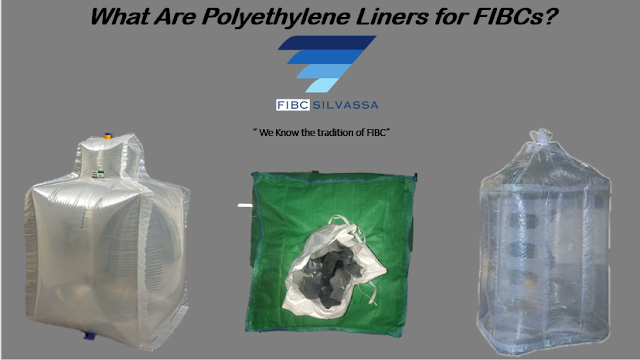What Are Polyethylene Liners for FIBCs?
What Are Polyethylene Liners for FIBCs?
These effective liners are flexible plastic designed to line a FIBC bag and add an extra layer of protection for any application. Liners make FIBC bags nearly impenetrable in many situations. Poly liners work to protect the FIBC bag itself and the product inside. This is particularly useful to stop any leaks from occurring and prevent contaminates like dust and moisture from seeping inside the containers. Always make sure you have the right size liner that’s properly secured the top once the bag has been filled to avoid material, moisture and oxygen transfer rate loss.
Advantages of Using Polyethylene Liners in FIBCs
- Stop contamination as liners make FIBC bags almost impenetrable
- Stop powdery substances from sifting through FIBCs. In FIBCs individual strands of polypropylene are woven together, and thus, powdery substances are likely to sift through the bag.
- Stop leaks
- Stop dust and moisture from shipping into the bag
2. Fine powder containment: Fine powders can leak through the body and seams of a FIBC bag while it is being filled and maneuvered. No matter what industry is using the FIBC bag, product shrinkage can mean wrong measurements or lost profits. FIBC liners come useful in such situations. FIBC Liner keep the chemicals or powders inside during the entire process of transportation.
3. Use of chemicals: There is no such thing as a FIBC bag that continue forever. They are capable to natural wear and tear like any other material. However, they are designed to have a long lifespan if properly maintained, and that’s when polyethylene liners come into play. Certain chemicals can speed up bag failure, and liners protect against this rapid corrosion. when storing or transporting chemicals, help to keep the product safe and keep the quality of the FIBC bag intact. Certain chemicals can cause fast failure of FIBC bags which are otherwise designed to last multiple-usage.



Comments
Post a Comment